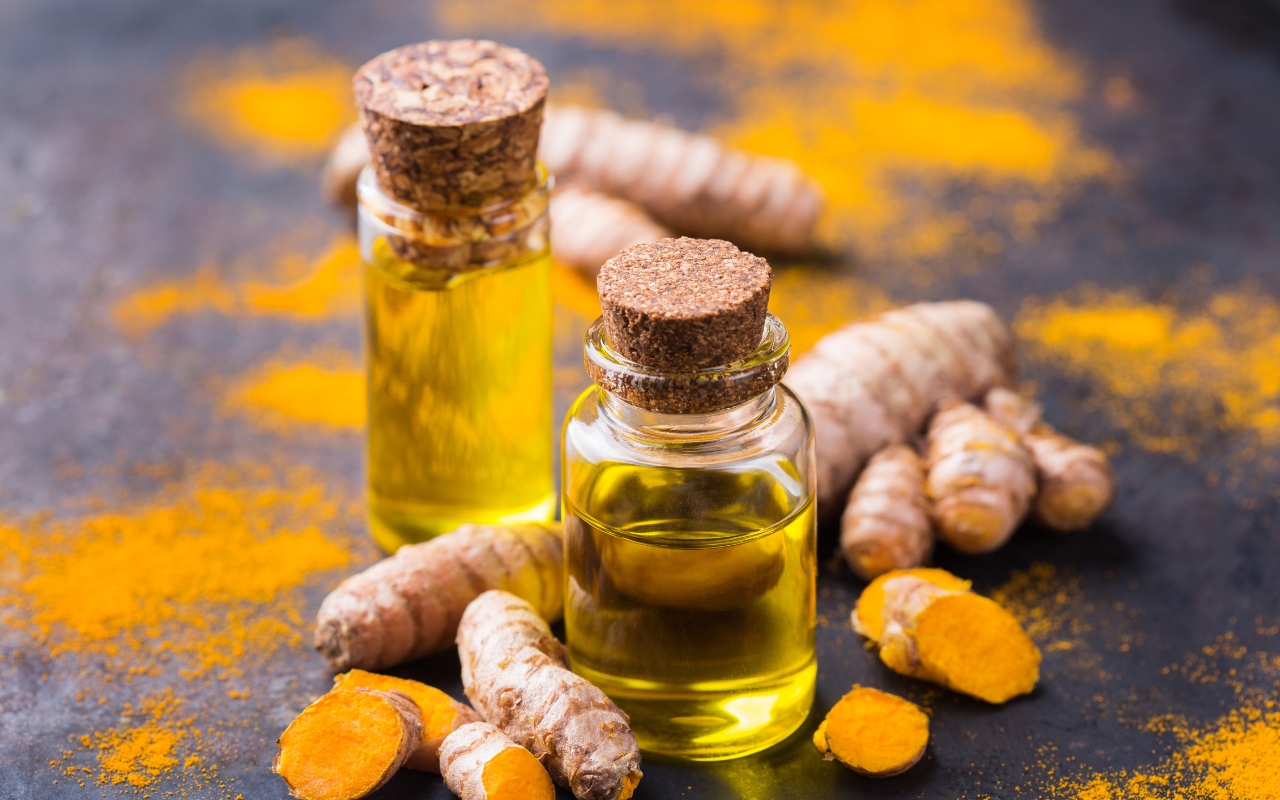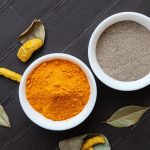Turmeric, a vibrant orange-yellow spice native to South Asia, has been a fundamental component of traditional medicine for over 4,000 years. Renowned for its rich flavor and health benefits, turmeric is mainly celebrated for its anti-inflammatory and antioxidant properties. This article delves into how turmeric can be beneficial, especially in managing pain and inflammation. It offers practical advice on incorporating this potent spice into your daily life.
Turmeric is derived from the Curcuma longa plant, characterized by its vibrant orange flesh. Its primary active compound, curcumin, is the focus of numerous scientific studies due to its potential health benefits. Curcumin is a powerful antioxidant that neutralizes free radicals, molecules that cause cellular damage and contribute to chronic diseases. Additionally, curcumin's anti-inflammatory properties make it a promising natural remedy for conditions like arthritis.
The Science Behind Turmeric's Health Benefits
Research indicates curcumin may help fight infections, reduce inflammation, and treat digestive issues (Mount Sinai). Some studies even suggest it could play a role in preventing and treating certain cancers. However, it's important to note that much of this research is preliminary, often conducted in test tubes or on animals, and more studies are needed to confirm these benefits in humans.
One of the most compelling research areas involves turmeric's potential to manage arthritis pain. Arthritis, a common chronic condition, affects millions worldwide and causes joint pain, stiffness, and swelling. Traditional treatments often include nonsteroidal anti-inflammatory drugs (NSAIDs), which can have undesirable side effects. Turmeric offers a natural alternative, with some studies suggesting it can be as effective as NSAIDs without the associated risks (Versus Arthritis).
Turmeric and Inflammation
Inflammation is the body's natural response to injury or infection. While acute inflammation is beneficial, chronic inflammation can lead to numerous health problems, including heart disease, cancer, and Alzheimer's disease. Curcumin works by inhibiting several molecules known to play significant roles in inflammation. For example, it lowers the levels of two enzymes that promote inflammation: cyclooxygenase-2 (COX-2) and lipoxygenase (LOX).
Additionally, curcumin helps reduce the production of tumor necrosis factor-alpha (TNF-alpha) and interleukin-6 (IL-6), two chemicals involved in the inflammatory response. These effects are particularly beneficial for people with inflammatory conditions like rheumatoid arthritis. According to Medical News Today, turmeric may also improve pain and joint function in individuals with osteoarthritis.
Practical Ways to Use Turmeric
One of the simplest ways to incorporate turmeric into your diet is by using it as a spice in cooking. It adds a warm, earthy flavor to various dishes, from curries and soups to smoothies and teas. However, the body doesn't absorb curcumin well on its own. Pairing turmeric with black pepper, which contains piperine, can enhance curcumin absorption by up to 2,000% (Spine Central).
Turmeric supplements are available in various forms, including capsules, tablets, and extracts, for those seeking a more concentrated dose. When selecting a supplement, choosing one that includes black pepper extract or piperine is essential to ensure optimal absorption. Some high-quality supplements combine turmeric with other beneficial compounds, like ginger or boswellia, for enhanced anti-inflammatory effects.
Another popular method is to make turmeric paste, which can be added to various foods and beverages. This versatile paste is made by blending turmeric powder with black pepper and oil, such as coconut or olive oil. You can store it in a sterilized jar and keep it in the fridge for up to two weeks. To use the paste, start with a small amount, such as a quarter teaspoon, and gradually increase the dosage as your body adjusts.
Turmeric in Traditional Medicine
Turmeric has a long history of use in Ayurvedic and Chinese medicine. In Ayurveda, it’s a cleansing agent used to treat various conditions, from respiratory to digestive problems. Ayurvedic practitioners believe that turmeric helps balance the body’s three doshas, or energy types, promoting overall wellness. In Chinese medicine, turmeric is often used to relieve pain and improve circulation.
Modern Research and Clinical Trials
While traditional use provides a strong foundation for turmeric's benefits, modern science seeks to validate these claims through rigorous research and clinical trials. Studies have shown that curcumin may be effective in reducing symptoms of osteoarthritis, with some trials suggesting it can reduce pain and improve function as effectively as ibuprofen.
In addition to arthritis, researchers are exploring turmeric’s potential in managing other inflammatory conditions, such as inflammatory bowel disease (IBD) and cardiovascular disease. Preliminary studies indicate that curcumin can improve endothelial function, which is critical for maintaining the health of blood vessels and reducing the risk of heart disease.
Turmeric and Cancer Prevention
Curcumin’s antioxidant properties may play a role in cancer prevention. Antioxidants protect cells from damage caused by free radicals, which can lead to cancerous changes. Some laboratory studies have shown that curcumin can inhibit the growth of cancer cells and reduce the spread of tumors. However, these findings are primarily based on animal and test-tube studies, and more research is needed to determine whether these effects translate to humans (MSKCC).
Safety and Dosage Considerations
Turmeric is generally considered safe when consumed in amounts typically found in food. However, it can cause gastrointestinal issues, such as nausea or diarrhea, in some people, especially at higher doses. Those with gallbladder problems or who are taking blood-thinning medications should consult a healthcare provider before taking turmeric supplements, as it can increase the risk of bleeding.
The optimal dosage of turmeric depends on the specific condition being treated. For general health, a typical dosage is 500-2,000 milligrams of turmeric extract per day, standardized to contain 95% curcuminoids. Higher doses may be more effective for arthritis, but starting with a lower dosage is essential and gradually increasing it to avoid adverse effects.
Conclusion: Embracing Turmeric in Daily Life
Turmeric’s potential health benefits make it a valuable addition to a balanced diet. Its anti-inflammatory and antioxidant properties offer promising results for managing chronic conditions like arthritis and potentially reducing the risk of certain diseases. You can harness its powerful health-promoting properties by incorporating turmeric into your cooking or as a supplement.
While more research is necessary to understand the extent of turmeric's benefits fully, its long history of use and current scientific findings suggest that it’s a worthwhile addition to a healthy lifestyle. As with any supplement, it’s essential to use it wisely and consult a healthcare professional, especially if you have any pre-existing conditions or are taking other medications.
In conclusion, turmeric is more than just a flavorful spice; it’s a potent natural remedy with many health benefits waiting to be unlocked. By making it a regular part of your diet, you can take advantage of its numerous properties and potentially improve your overall health and well-being.










